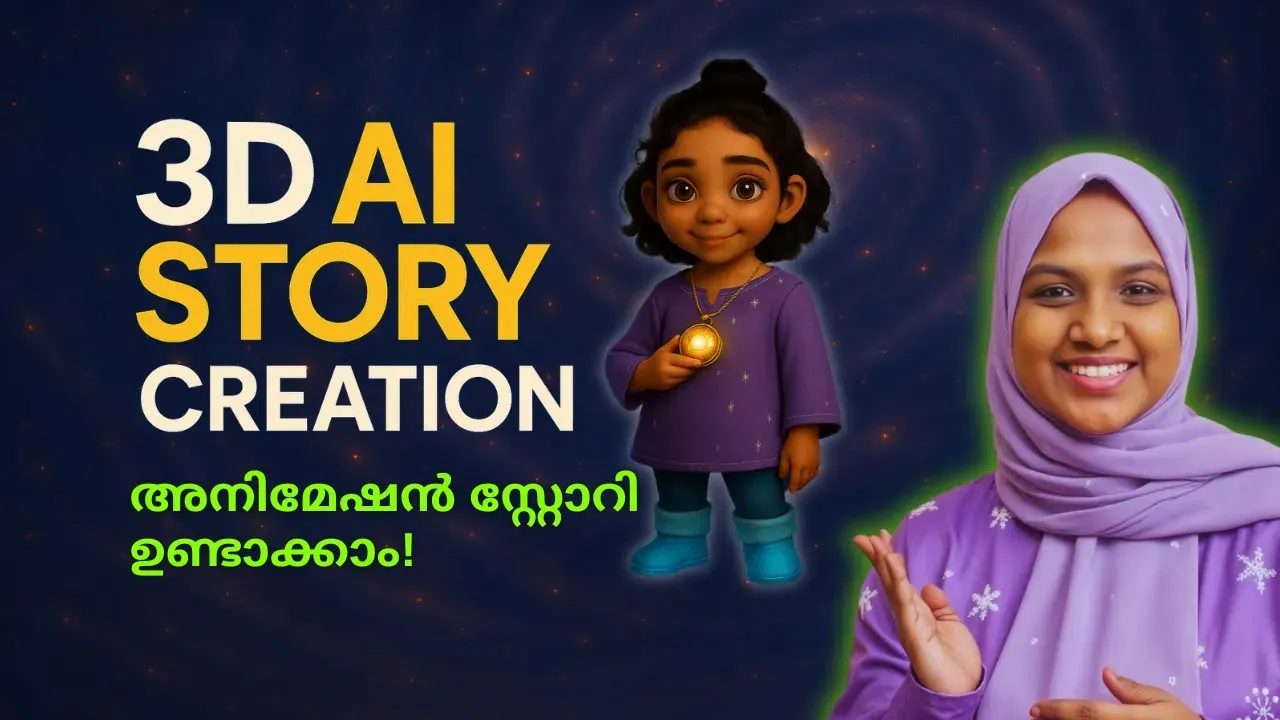Can Data Science Be Replaced by AI? The Real Truth
GALTech School of Technology Private Limited > Blogs / Can Data Science Be Replaced by AI? The Real Truth

Introduction: The Tech Revolution
The rise of AI-powered platforms has created a debate that every tech student and professional needs to understand: Will data science survive this automation wave? With AI tools becoming more sophisticated, the boundaries between artificial intelligence, automation, and analytics are blurring. But the real story isn’t about replacement — it’s about evolution. AI will transform how data science is practised, not eliminate it.
Data Science vs AI: A Partnership, Not a Rivalry
To understand the shift, we first need to clarify the relationship between Data Science and AI. Data Science is the discipline of extracting valuable insights from raw information using statistical analysis, machine learning, and visualisation. AI, on the other hand, focuses on creating systems capable of learning and decision-making — often built upon data science techniques.
In simple terms, Data Science fuels AI, and AI enhances Data Science. The two fields work hand in hand. Data scientists design experiments, define goals, and interpret results, while AI systems automate pattern recognition and repetitive data tasks. Even now, human judgment remains essential to transform raw data into business intelligence.
Automation and the Rise of AI Tools
AI tools like AutoML, ChatGPT, and Google Vertex AI have made it possible to automate a huge part of the data science workflow. These platforms can write code, clean data, and even build predictive models with minimal human input. According to recent industry analyses, nearly 70% of routine data science operations could be automated by AI systems.
This shift doesn’t mean the end of data science — it means the end of doing things manually. Junior or entry-level data tasks may shrink, but new strategic opportunities are emerging. Companies are increasingly seeking professionals who can integrate AI tools, manage ethical AI practices, and align automated insights with business strategy. In short, the nature of data science jobs is changing, not disappearing.

Why AI Can’t Fully Replace Data Science
Despite rapid advancements, AI still struggles with areas that require context, creativity, and judgment — the core strengths of data scientists. For instance, AI lacks the ability to understand business goals, interpret ambiguous data, or reason about cause and effect. Human professionals excel at framing problems, validating outputs, and explaining insights in terms that decision-makers can act on.
Moreover, ethical and regulatory challenges demand human oversight. Data scientists play a crucial role in ensuring AI transparency, addressing bias, and maintaining data compliance. They are also responsible for continuous model refinement — something no automated system can sustain without human direction. These dimensions make data science indispensable, even in an AI-dominated era.
The Real Tech Shift: From Replacement to Reinvention
The biggest misconception is that AI is replacing data scientists. In reality, AI is empowering them. The future of analytics lies in collaboration between humans and machines. AI will handle large-scale data preparation, pattern detection, and automated reporting, while data scientists will focus on strategic storytelling, ethical decision-making, and creative modelling.
Emerging trends like augmented analytics, synthetic data generation, and real-time edge analytics highlight this evolution. AI may help non-technical users perform simple analyses, but advanced problem-solving — especially in sectors like healthcare, finance, and manufacturing — still demands the expertise of human data professionals. The role of a data scientist is shifting from a technical executor to an AI collaborator and strategist.
Career Impact: Adapting to the New AI-Driven World
The question “Can Data Science Be Replaced by AI?” also reflects a deeper concern — how will careers evolve? The answer lies in upskilling. Future-ready data scientists will be those who understand AI systems, can fine-tune automated tools, and provide the human reasoning that machines can’t replicate.
Learning paths now extend beyond traditional programming and statistics. Professionals must explore AI ethics, cloud-based analytics, automation workflows, and domain-specific expertise. The next generation of data scientists will act as AI interpreters — bridging the gap between machine intelligence and business strategy.
At GALTech School of Technology, our Data Science and AI courses are designed for this future. Students learn how to integrate data analysis, automation, and machine learning to stay ahead in the evolving AI ecosystem. The goal is not just to train coders, but to build strategic AI-driven thinkers who can lead the next phase of digital transformation.

Conclusion: The Truth About the Future of Data Science
So, can Data Science be replaced by AI? The answer is clear — no. AI will revolutionise workflows, automate repetitive functions, and even enhance analytical precision. But it cannot replace the creativity, ethical reasoning, and strategic insight of human experts.
Data Science is not being replaced — it’s being redefined. The future belongs to professionals who can merge AI intelligence with human intuition. Those who adapt, learn, and evolve with these tools will not lose their relevance — they will lead the transformation.
🎓 Build Your Future with GALTech School of Technology
Ready to level up your skills and future-proof your career?
Join GALTech School of Technology’s Data Science and AI programs, designed for students and professionals in Kerala who want to master analytics, automation, and AI-driven innovation.
👉 Explore Data Science Courses at GALTech
Empower your career with AI-powered data skills for the intelligent future.
visit: galtechlearning
call: +91 70127 16483





